Our body really needs vitamins and minerals in winter, so it is necessary to include vegetables in your diet. After all, their absence can lead to a decrease in immunity. We at joy-pup tell you which vegetables should be included in your winter diet to feel good.
Cabbage (white cabbage, broccoli and cauliflower)
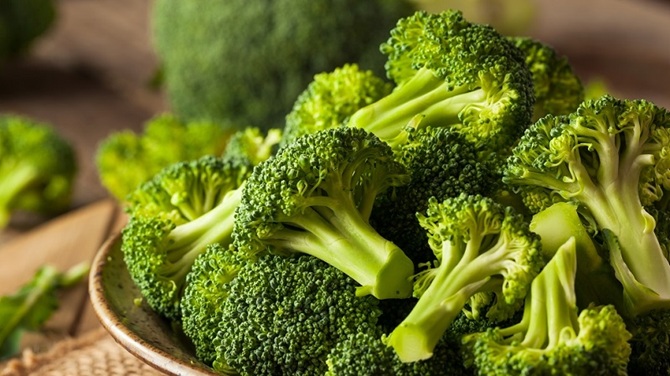
This is a versatile winter vegetable, rich in vitamin C, fiber and antioxidants. White cabbage helps strengthen the immune system and maintains intestinal health. It can be used in salads, soups or stews. Broccoli contains B vitamins, which help fight winter fatigue. Cauliflower is a source of choline, which is necessary for the health of the brain and nervous system.
Beetroot
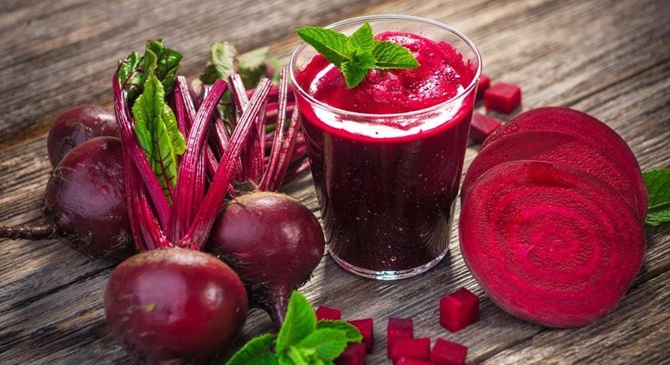
This is an excellent source of iron, folate and vitamin A. Beetroot supports blood formation, improves skin condition and helps detoxify the body. It can be added to salads, hot dishes or eaten baked. Its sweet taste goes well with sour dressings, such as lemon juice.
Carrots
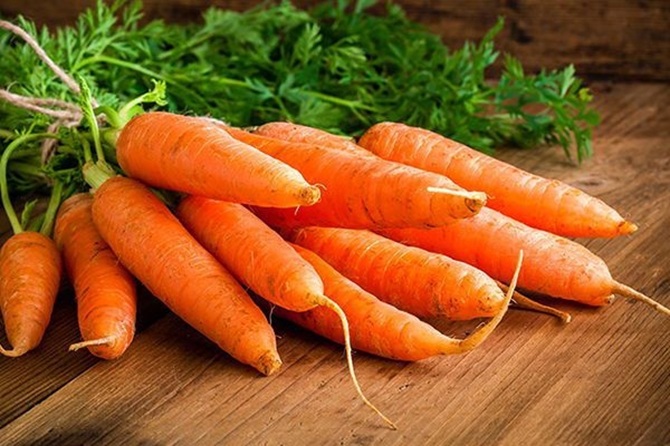
This is a rich source of beta-carotene, which is converted into vitamin A in the body. This vitamin supports vision, skin health and immunity. In winter, carrots can be used to make soups, mashed potatoes, stewed vegetables and even desserts. Carrot juice also helps replenish vitamins.
Pumpkin
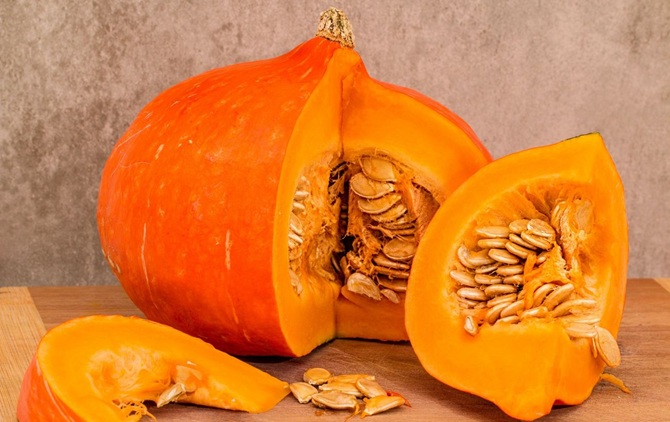
Pumpkin is the queen of winter! It contains vitamins A, C, E, as well as magnesium and potassium, which are necessary for heart health. This vegetable is versatile: you can make pumpkin soup, porridge, casserole or even dessert. In addition, pumpkin seeds are a great snack, rich in zinc.
Radish
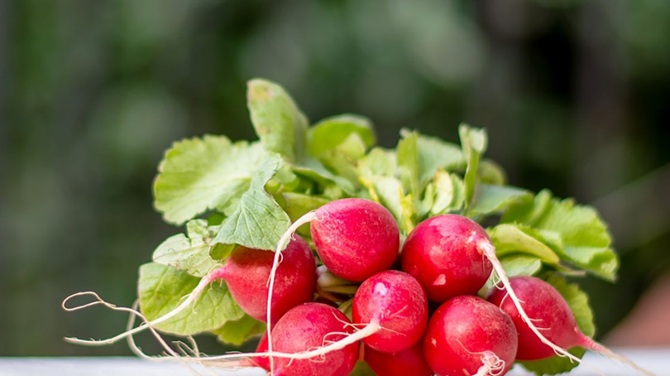
This is a real treasure trove of vitamins B and C, as well as essential oils that stimulate the immune system and improve digestion. Radish comes in different varieties: black has a sharp taste and antiseptic properties, and white (daikon) is softer, suitable for salads and light dishes.
To be continued…


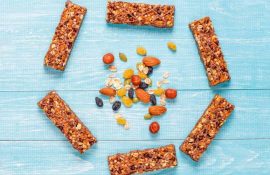

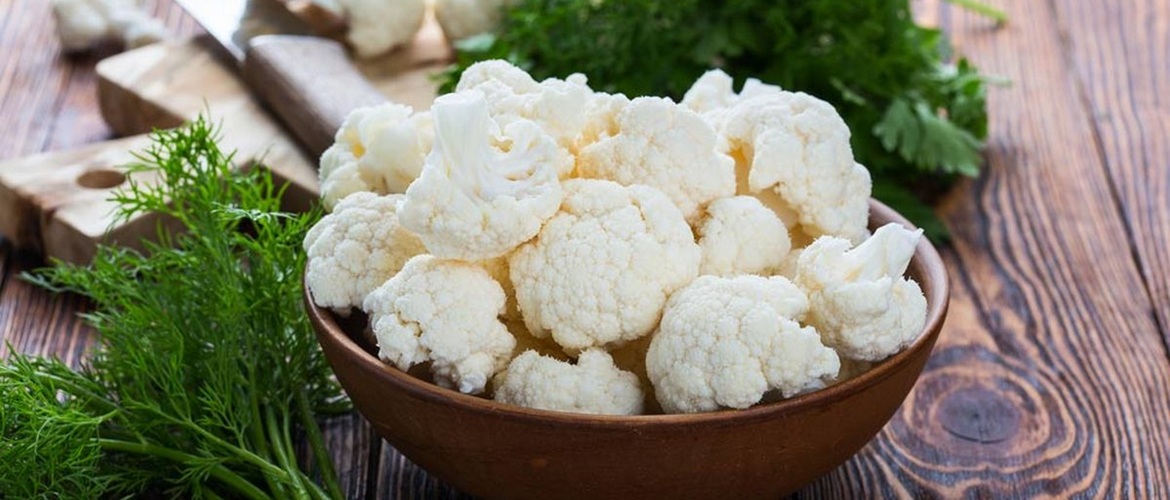


Only registered users can leave comments